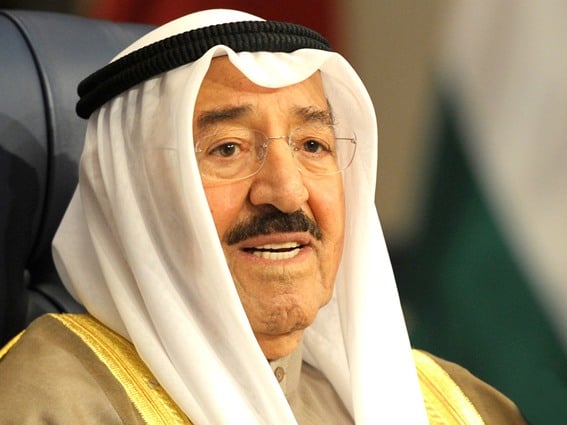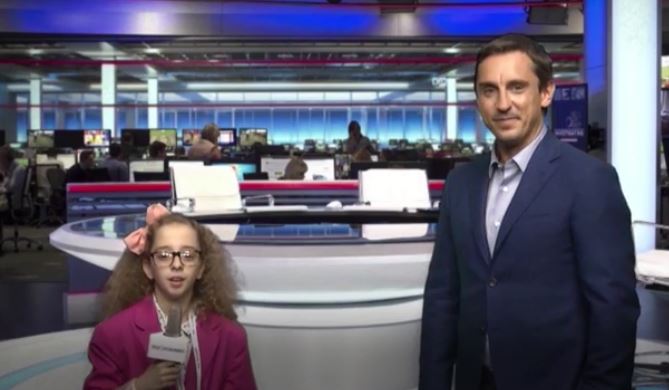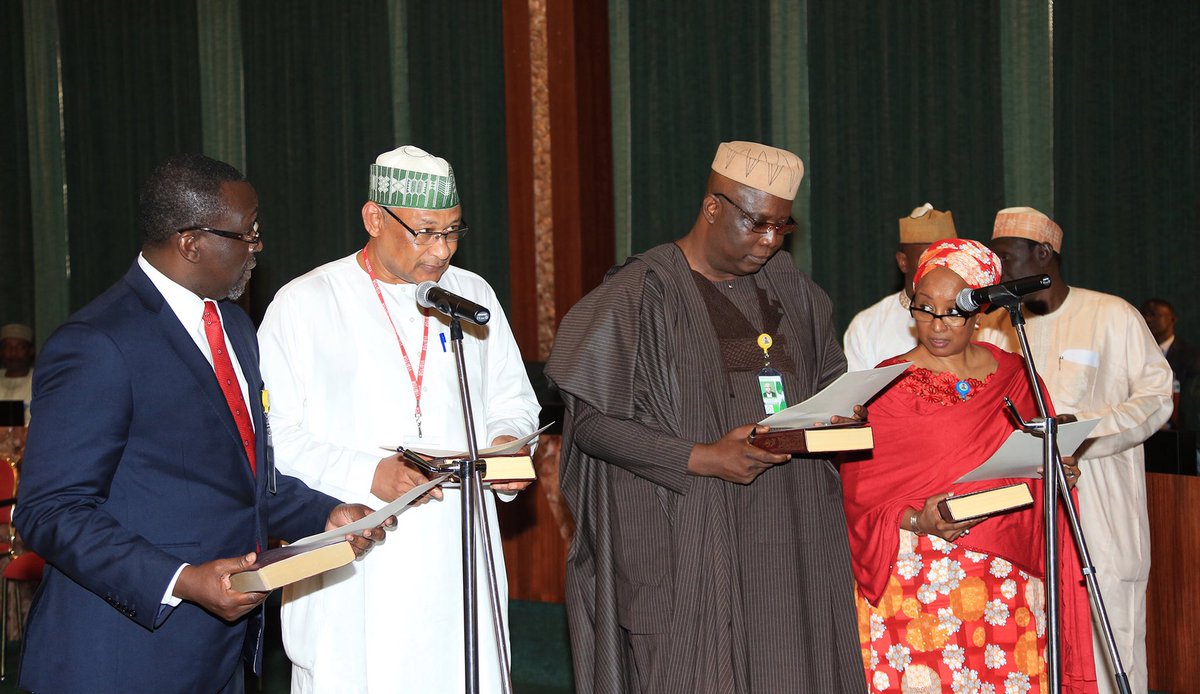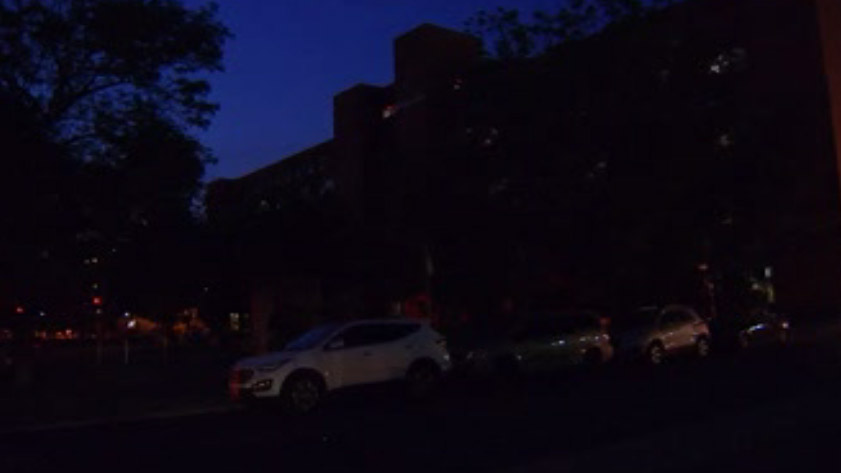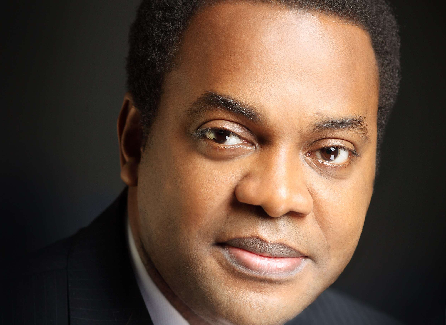Kuwait, one of the largest oil producers in the world, with a daily production of 2.85 million barrels per day, says it is raising pump price of petrol by 83 percent.
The middle-eastern country is also introducing major economic reform, in the face of dwindling oil prices, and a 10 percent tax on company tax was also introduced.
Kuwait, with a population of 4.2 million people, had always given fuel subsidies to the tune of 5.7 percent of its gross domestic product (GDP).
According to Moody’s, regular gas will cost 28 cents (N88) per litre, while Kerosene will go for N113.4 per litre – or about $1.06 per gallon – after the subsidies are removed.
Advertisement
The move will test the government’s determination to reshape the economy. Analysts at Moody’s say price hikes for diesel and kerosene in 2015 were partially rolled back in the face of protest.
“The government’s ability to successfully implement the price hikes this time around will be indicative of its institutional capacity to move its economy beyond oil,” the analysts wrote in a research note.
Prices for mid-grade and regular gas will rise by 62% and 42%, respectively, with its most expensive petrol to sell at 55 cents or N173 per litre.
Advertisement
Firas Raad, the World Bank’s country manager for Kuwait, has said the move, by the government, is a politically and economically bold move.
According to CNNMoney, Kuwait was forced to act after the slump in crude prices slashed government revenues across the oil-rich Gulf.
The United Arab Emirates was the first Gulf state to target fuel when it introduced market prices for gas last year.
The fuel price rise was approved by the government in August, but will take effect from September 1, 2016.
Advertisement
That is still way below prices in other Gulf nations such as the UAE, Oman, Bahrain and Qatar, and it’s less than half what you’d pay for comparable gas in the US.
Add a comment

